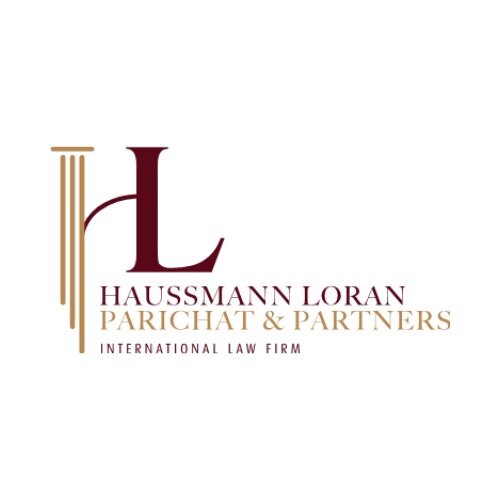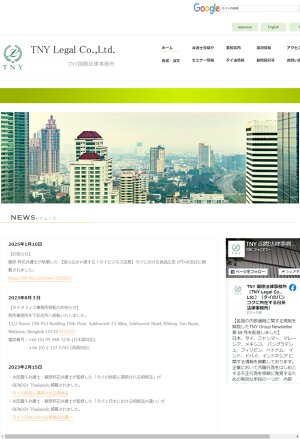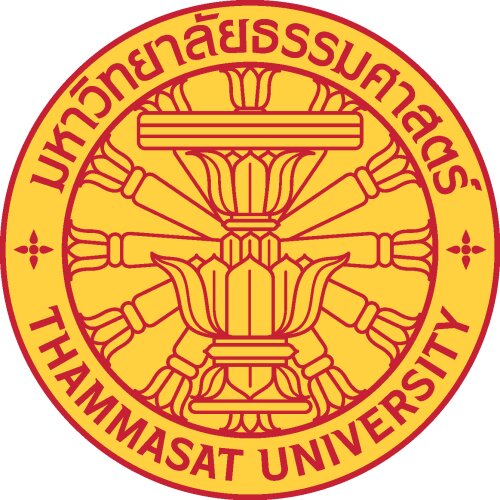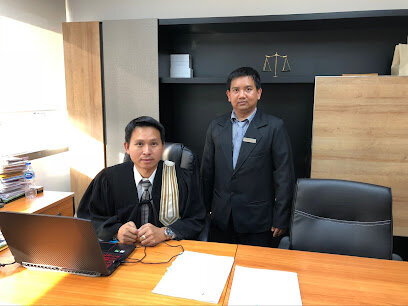Best Whistleblower & Qui Tam Lawyers in Bangkok
Share your needs with us, get contacted by law firms.
Free. Takes 2 min.
List of the best lawyers in Bangkok, Thailand

Haussmann Loran Parichat & Partners International Law Firm
30 minutes Free ConsultationAbout Whistleblower & Qui Tam Law in Bangkok, Thailand
Whistleblower and Qui Tam laws are legal frameworks designed to encourage individuals to report misconduct, fraud, or corruption within organizations, often involving government entities. In Bangkok, Thailand, these laws aim to protect individuals who come forward with information about illegal activities against retaliation or discrimination. Though the concept of whistleblowing is recognized and supported, the legal framework may differ from that in Western countries, reflecting Thailand’s unique legal, cultural, and institutional settings.
Why You May Need a Lawyer
Legal help may be necessary in several situations concerning Whistleblower and Qui Tam scenarios in Bangkok:
1. When you have inside information about fraud or corruption and are considering reporting it under the protection of whistleblower laws. 2. If you face retaliation or discrimination at your workplace after reporting misconduct. 3. When you need to understand the legal protections available and the risks involved in whistleblowing. 4. If you require assistance in navigating the legal processes, including filing a Qui Tam lawsuit, which involves citizens filing suits on behalf of the government. 5. When precise legal interpretation and representation are needed to ensure your rights and interests are safeguarded during investigations or legal proceedings.
Local Laws Overview
Thailand's legal protections for whistleblowers are governed by legislation that is mapped out primarily to combat corruption and enhance transparency. The key aspects include:
- Whistleblower protections are often tied to anti-corruption laws, such as the Organic Act on Anti-Corruption. - The Office of the National Anti-Corruption Commission (NACC) is a significant body that investigates and oversees cases related to corruption and fraud. - Protection against dismissal or any form of discrimination or harassment in the workplace is intended for those who report wrongdoing. - While Thailand does not have a standalone Qui Tam law like in some countries, whistleblowing within the scope of public interest is often linked to broader legal protective measures.
Frequently Asked Questions
What is a whistleblower?
A whistleblower is an individual who reports or exposes any kind of information or activity deemed illegal, unethical, or not correct within an organization.
What is Qui Tam and how does it apply in Thailand?
Qui Tam refers to a provision that allows individuals to file a lawsuit on behalf of the government. While Thailand does not have a specific Qui Tam statute, citizens are encouraged to expose corruption via existing anti-corruption laws.
What protections exist for whistleblowers in Bangkok?
Protections include prevention against unfair dismissal, discrimination, or professional retaliation following the disclosure of misconduct, especially if linked to corruption.
Can I report anonymously?
While anonymous reporting is possible, providing contact information can be essential for follow-up investigations and may provide additional protective measures.
What should I do if I face retaliation for reporting?
If you face retaliation, consult a lawyer experienced in whistleblower protection laws who can help navigate the specifics of your situation in Bangkok.
Do I need evidence to report suspected fraud?
While having evidence strengthens your case, the legal authorities will conduct their investigations. It is advisable to gather any supporting information you can provide.
How long will the legal process take?
The length of the process can vary depending on the complexity of the case, the entities involved, and the specifics of the claims made.
Do whistleblowers receive compensation?
Unlike in some jurisdictions, Thailand does not have formal financial reward systems similar to those found in Qui Tam actions in the US. However, whistleblowers may receive recognition and moral satisfaction.
How can an attorney help me?
An attorney can guide you through reporting procedures, enhance your legal protection, negotiate settlements, or represent you in legal proceedings if necessary.
Are there any exceptions to whistleblower protections?
Protections may not cover false reporting made maliciously or without reasonable grounds of suspicion.
Additional Resources
For additional help and information, the following resources may be useful:
- The Office of the National Anti-Corruption Commission (NACC) for reporting procedures and support. - Local legal aid organizations and law firms specializing in employment and anti-corruption law. - The Ministry of Labor can provide guidance on employment rights and protection cases.
Next Steps
If you believe you need legal assistance in whistleblower or Qui Tam matters, consider the following steps:
1. Gather as much relevant information and documentation related to your case as possible. 2. Contact a legal professional experienced in whistleblower protections and relevant Thai laws. 3. Familiarize yourself with the procedures outlined by the NACC if corruption is involved. 4. If facing retaliation, document instances and seek immediate legal advice.
Lawzana helps you find the best lawyers and law firms in Bangkok through a curated and pre-screened list of qualified legal professionals. Our platform offers rankings and detailed profiles of attorneys and law firms, allowing you to compare based on practice areas, including Whistleblower & Qui Tam, experience, and client feedback.
Each profile includes a description of the firm's areas of practice, client reviews, team members and partners, year of establishment, spoken languages, office locations, contact information, social media presence, and any published articles or resources. Most firms on our platform speak English and are experienced in both local and international legal matters.
Get a quote from top-rated law firms in Bangkok, Thailand — quickly, securely, and without unnecessary hassle.
Disclaimer:
The information provided on this page is for general informational purposes only and does not constitute legal advice. While we strive to ensure the accuracy and relevance of the content, legal information may change over time, and interpretations of the law can vary. You should always consult with a qualified legal professional for advice specific to your situation.
We disclaim all liability for actions taken or not taken based on the content of this page. If you believe any information is incorrect or outdated, please contact us, and we will review and update it where appropriate.












